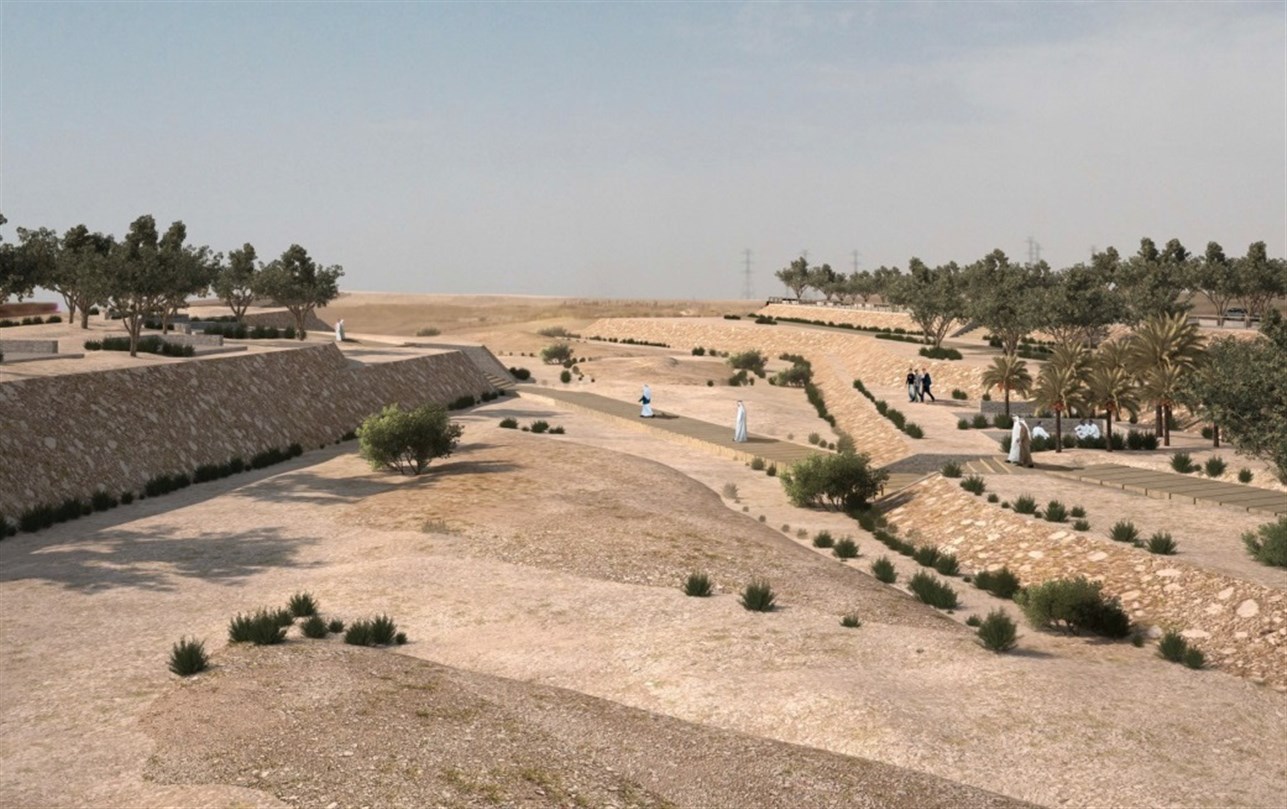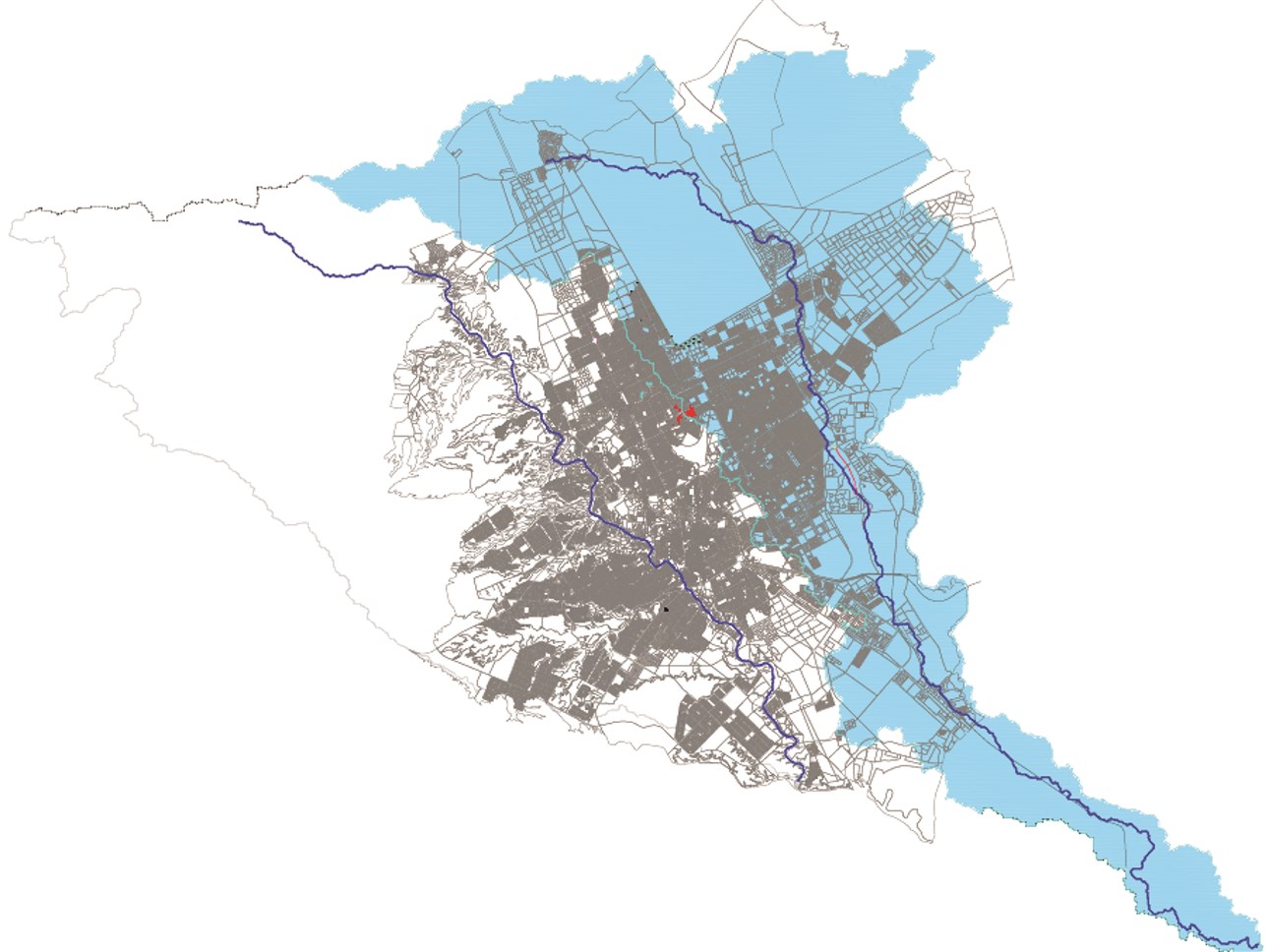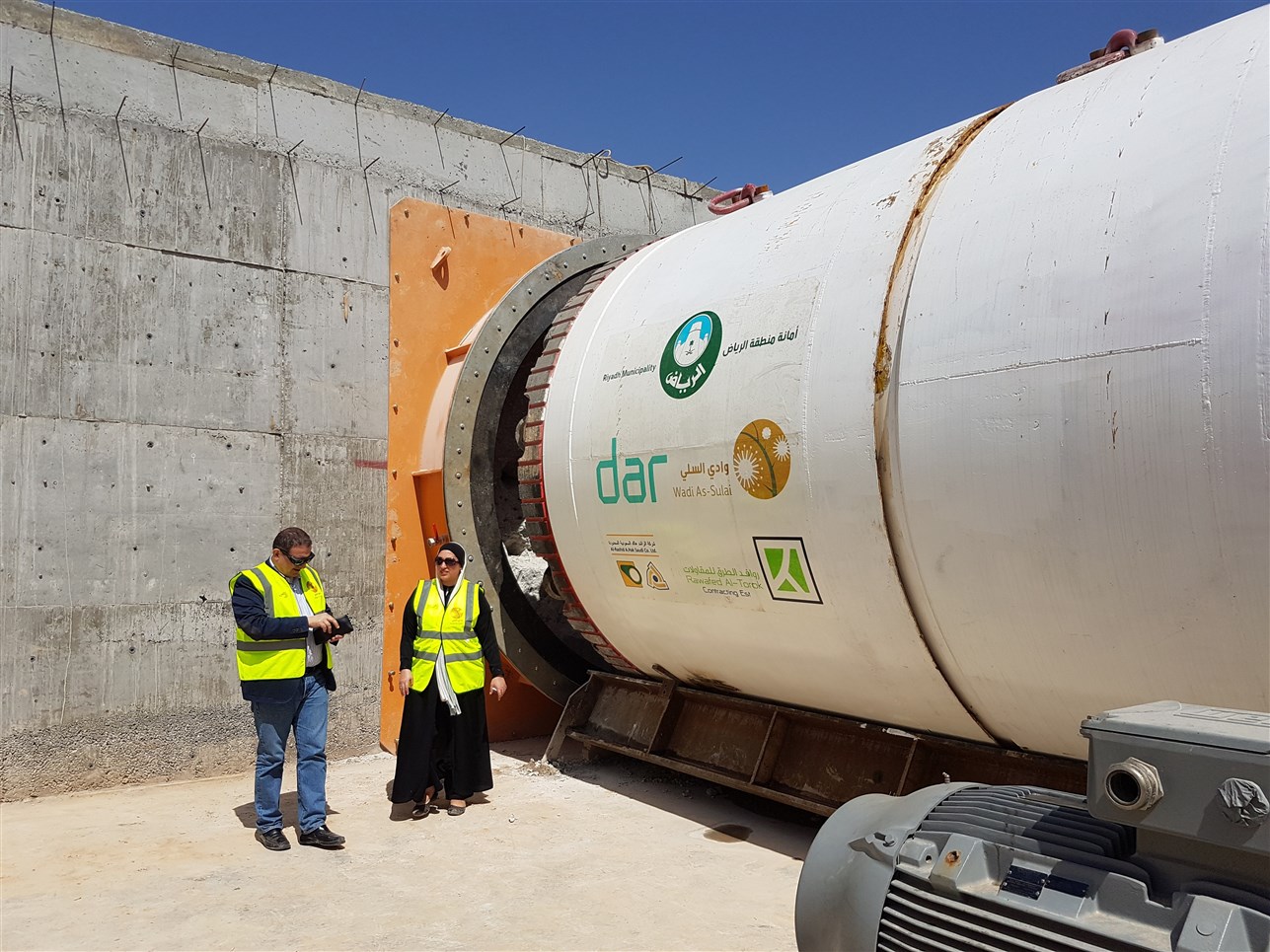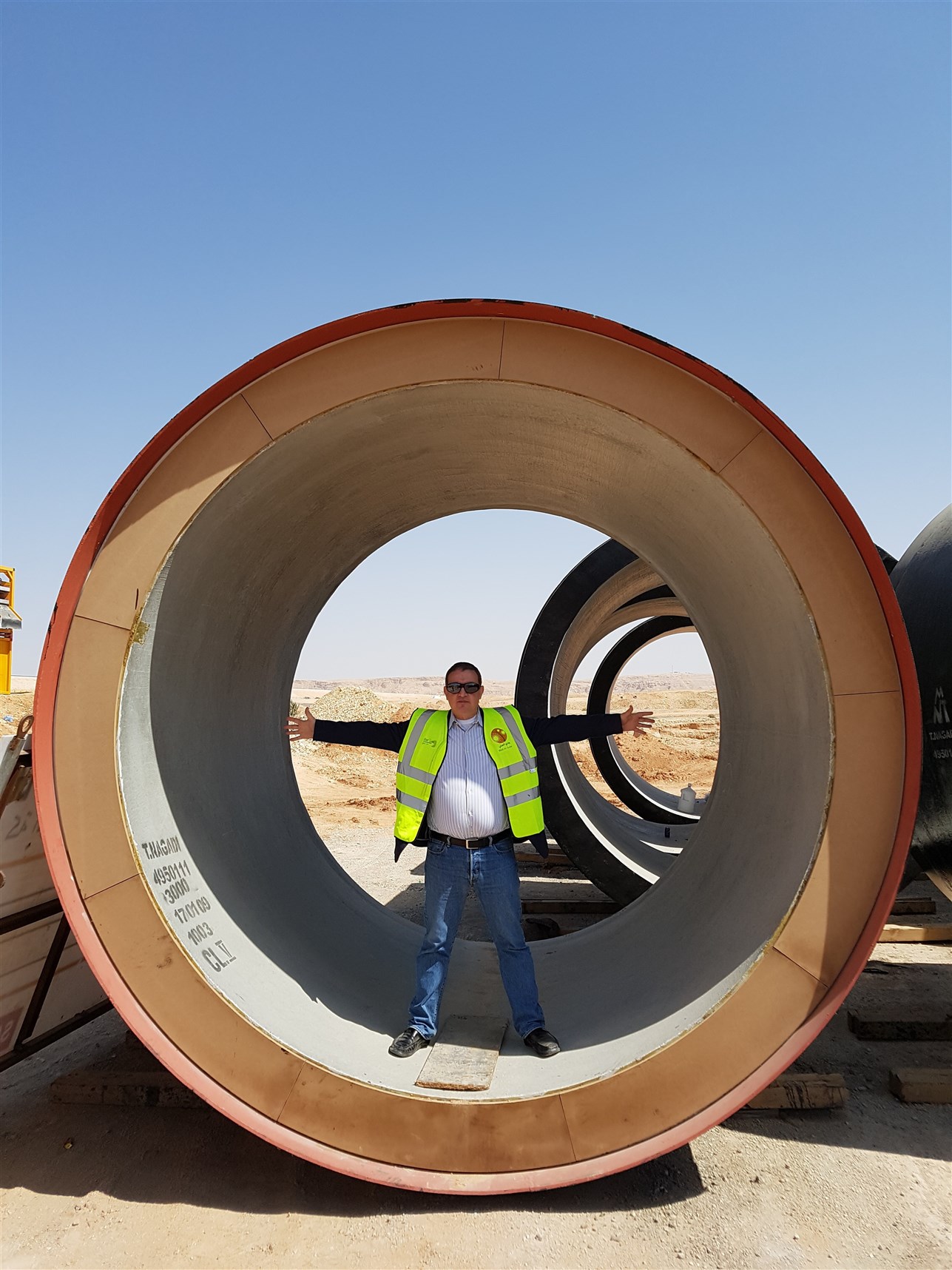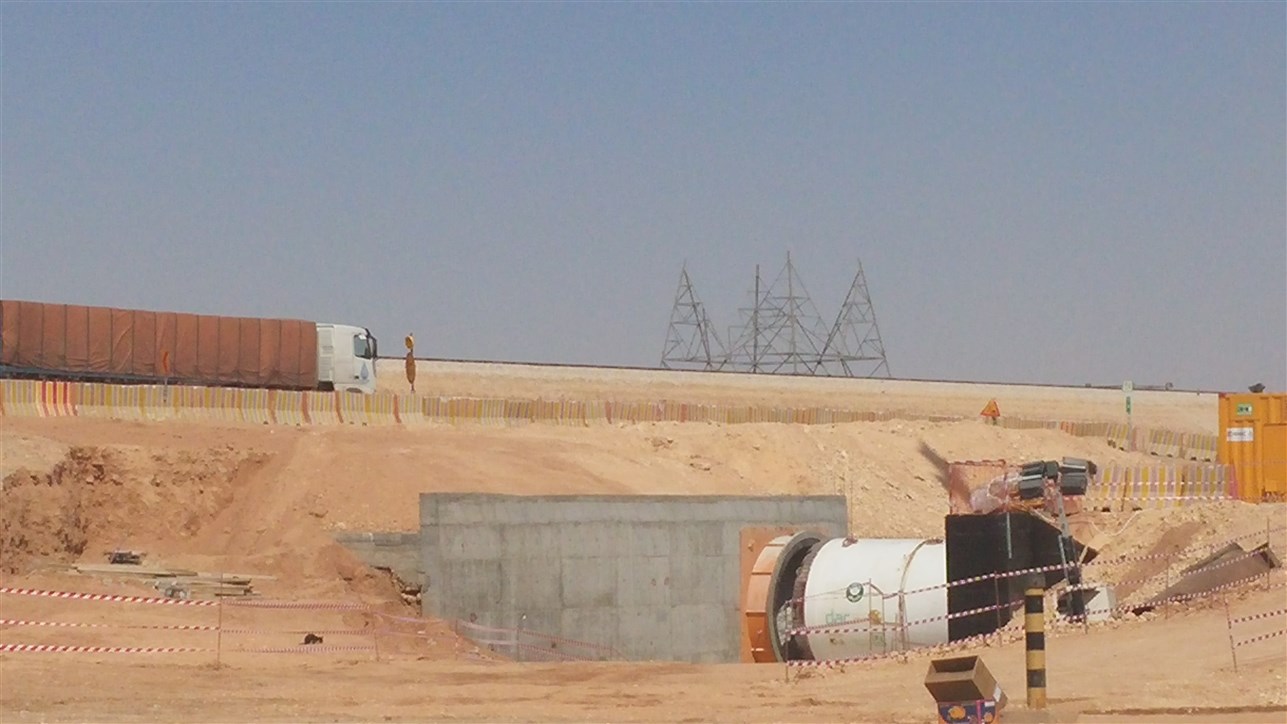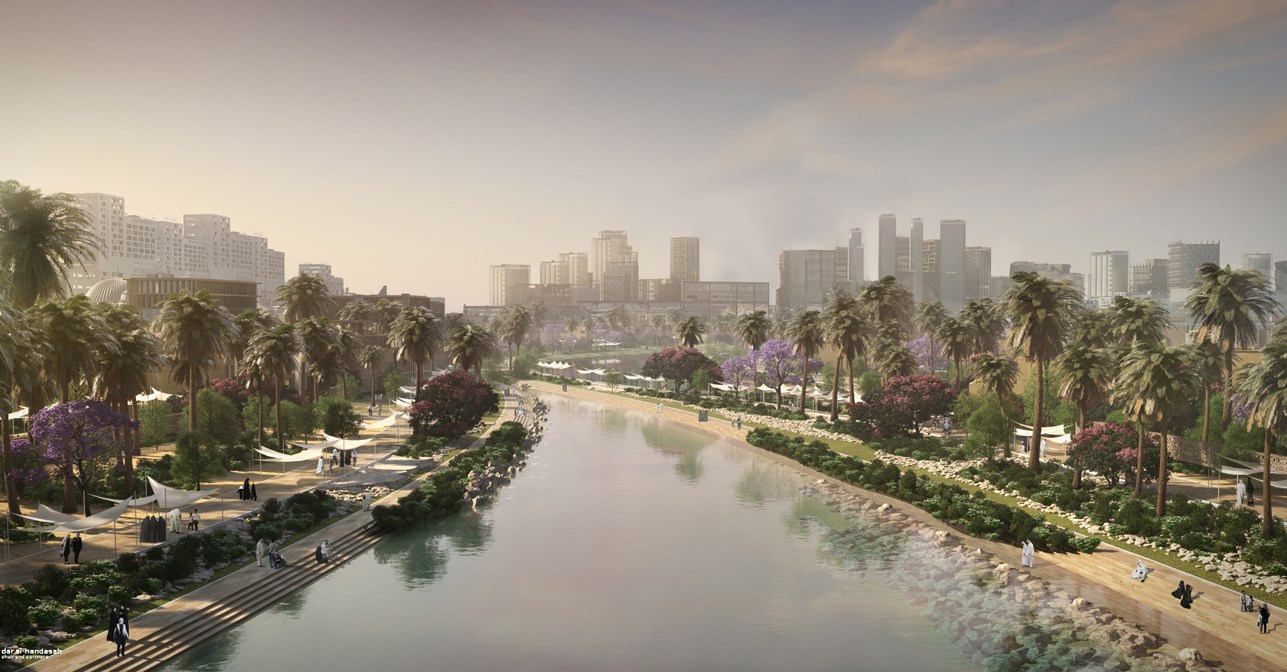
Location
Riyadh, Kingdom of Saudi Arabia , Middle East
Overview
Wadi As-Sulai is a natural rainwater drainage basin that offers sustainable protection for the eastern part of Riyadh from potentially devastating flooding episodes. A major environmental asset for the city, the wadi provides sustainable and ecological water resource management and flood services and is envisioned to host a vibrant community, accessible to all citizens. Dar was commissioned by the Riyadh Municipality to restore and develop Wadi As-Sulai, in order to protect the capital from flooding, manage the flow of water along the wadi, and – through an economically sound and implementable master plan – rehabilitate and develop the wadi corridor to attract residents and visitors, contribute to the establishment of economic activities along the wadi, and enhance the natural environment of the wadi corridor.
Services
Markets
The project
To accomplish one of the project’s primary objectives, Dar set a wadi hydraulic management plan, designed to mitigate and control floods for the 50-,100-, 200-, and 500-year return period. Building on ecological surveys and environmental impact assessments, Dar also set environmental guidelines and recommendations for biodiversity improvement to ensure that the future development at Wadi As-Sulai is environmentally-rich and biodiverse.
The team then created a land-use plan that stipulated the development of eight recreational areas, along with supporting infrastructure facilities such as bridges, roads, culverts, mosques, parks, and other community amenities designed to generate economic opportunities and transform the region into an attraction for residents and visitors.
The land-use plan developed from an economic, social, and demographic baseline assessment of the study area, as well as an analysis of the wider national economy, conducted to identify specific trends and challenges, including the composition of economic activity and employment. Dar also conducted market research of user preferences, interviewing over 600 users to understand potential usage patterns, demand for facilities, and socio-economic characteristics. Economic appraisal of the project involving contingent valuation and benchmark case study analysis was undertaken to evaluate potential impacts during the various phases. In particular, this looked at the valuation of benefits associated with green spaces (health benefits and property/development impacts). A 30-year cost benefit appraisal was undertaken applying monetary values to each of the quantifiable user and wider benefits. The objective was to ensure that the wadi development program would become a societal and economic success story.
Related News

